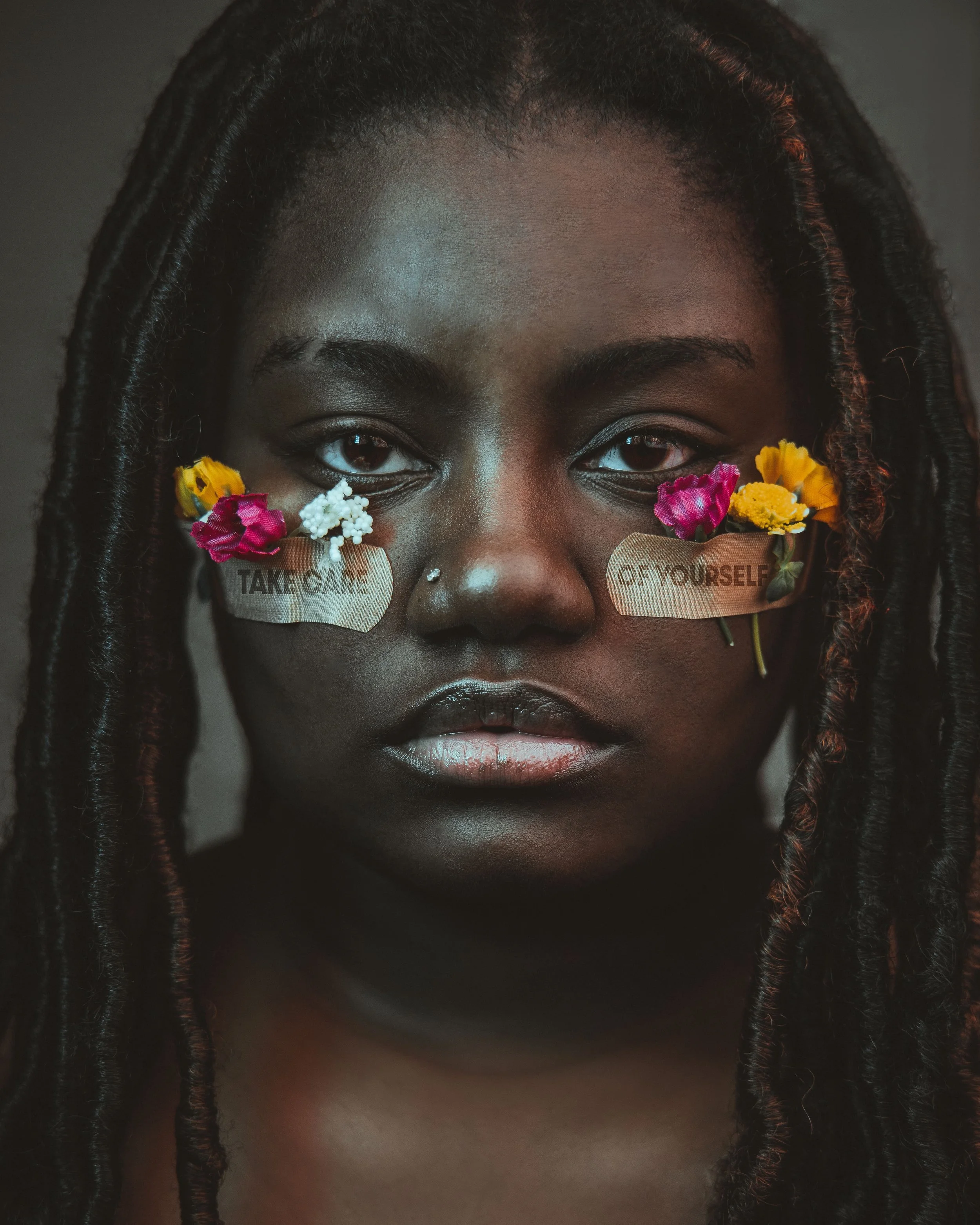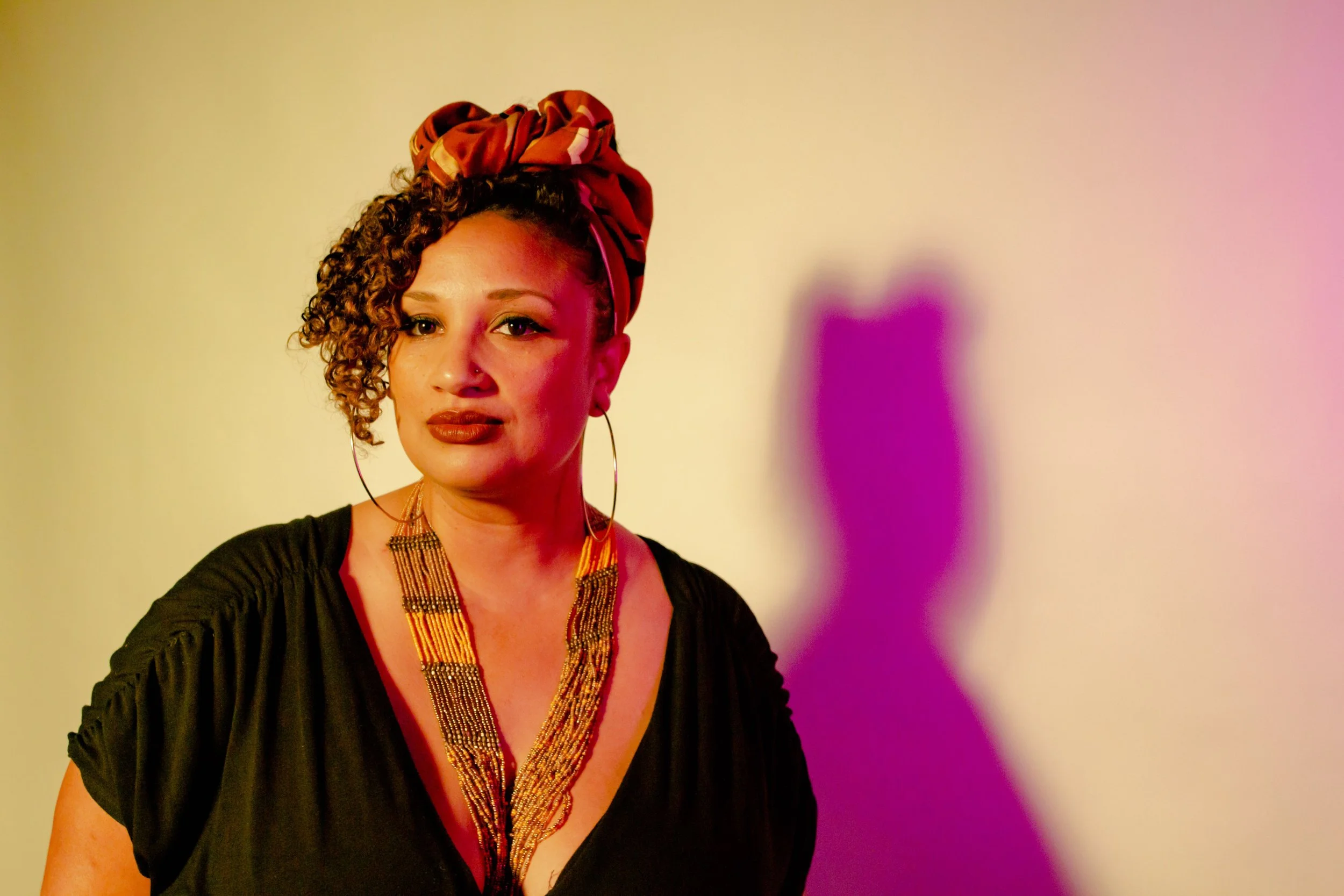Finding Freedom in Healing: The Importance of a Social Justice Framework in Empowerment
Photo by Tasha Jolley on Unsplash
A parade of injustices marches through my door, waving their flags of oppression, leaving my ears ringing with the loud blare of violence. I am here to bear witness to the parade, call it by its name, and hold space for the trauma that accompanies it. It is a historical, generational, systemic, and tragic trauma. The injustices shapeshift, but are rooted in a problematic system that has the audacity to claim its basis in the concept of freedom, yet, are purposefully set up to disempower certain groups of people, through laws, institutions, policies, red-lining, overt acts of explicit violence, and covert acts of implicit bias. In my role as a therapist, I create space to honor the journey that accompanies living through and within this system, for it is the air that we breathe as we dive deep within ourselves to explore our own healing. I walk this journey with many, unpacking the tragic, heinous, horrible things they have endured and survived, by being a therapist who believes in holding space for our multiple identities and the systems of oppression at work in our lives. It is through this acknowledgment that our true freedom lives, in the unabashed acceptance of our lived experiences and the claiming of our own healing.
Our history is an important part of our healing.
The recognition of our history includes understanding that the collective trauma of a people emerged from generations of oppressive forces birthed in the pursuit of “freedom” in this land. This pursuit contributed to a trauma that has spanned generations with its heavy-handed violence. By understanding the foundations of our society, we understand that this trauma has shifted DNA, familial patterns, mental health, societal roles, and daily experiences. Understanding the history and the foundations of our society is necessary to understand the complex ways in which these formative actions impact mental health. The dance of injustice has been a long narrative in this country and has shaped the mental health of a people. It is a repugnant feeling to be asked to celebrate the idea of freedom in a country where so many individuals do not enjoy the true benefits of a free country. Currently, there is a concerted effort to avoid addressing or identifying history, as well as attempts to rewrite and reimagine historical events that actively contribute to the overwhelming silencing of many identities. If we can not admit the history, if we can not say the words or name the identities, then how can we heal? Our healing is the vehicle through which we reclaim our freedom.
“The dance of injustice has been a long narrative in this country and has shaped the mental health of a people. ”
When we validate that mental health challenges are influenced by systems of oppression and not exclusively by the power of the individual, we then realize the importance of shifting the lens through which we provide therapy. The concept of freedom then becomes linked to our healing. Thus, it is vital for therapy to operate within a social justice framework. We address our healing by ensuring that spaces where we do our emotional work are part of a framework that includes a lens of recognition and validation.
Historically, oppressive institutions limited access, knowledge, and understanding as a tool to perpetuate unjust systems. It then becomes important to understand what mental health therapy can look like when it holds space for the entirety of our identities and experiences in this world. In my work as a therapist, I support access to mental health and promote the idea that there are safe places for us to be seen, by demystifing our understanding of mental health. When therapy utilizes a framework that acknowledges our history, the societal systems at play, and cultural awareness, we also move towards destigmatizing the mental health system. Therapy has been fraught with its own insidious oppressive behaviors, like involvement with the eugenics movement and homophobic practices, to name a few.
As a woman of black mixed identity, I too am mixed up in the batter of this oppressive system, with ingredients of colorism, racism, and sexism blending with the privileges that I hold. My experiences shape my worldview, creating an undeniable space where I experience the intersection of how I am received and perceived as I move through a system rooted in my oppression. My perspective accompanies me, for it must, in my own healing journey and in the healing paths of others. As a feminist therapist, I believe that recognizing and validating history and systemic injustice creates a foundation that is essential to the healing process.
What does therapy with a social justice framework look like?
Therapy that includes a social justice framework (feminist therapy being one of these modalities), first and foremost, identifies a person as the expert on their own experience. It is not the therapist's job to know a person better than they know themselves. It is the therapist's job to honor a person’s knowledge of themselves and their experiences, thus centering them as the expert on themselves. If a person is seen as an expert on their own experience, then they are seen as someone coming to the room with valuable information to add to the healing journey. It is the therapist’s job to walk the journey alongside their clients, creating safety to allow people to become vulnerable, to ask questions to further their insight, to provide information that provides context for symptoms, and to explore constructive tools that support healing.
Therapy with a social justice framework does not elevate the therapist into a position of power. Rather, it acknowledges that a power structure exists, addresses it, and creates space for dialogue about the impact that this structure has on the healing process. Within this framework, a therapist consistently works to elevate people through empowerment, acknowledgment of their expertise, and encouragement of their right to be a power player in their own healing process. For it is the individual who does the heavy lifting in their healing work, by confronting difficult thoughts, experiencing painful feelings, and pushing themselves to adopt new patterns.
This framework also includes a foundation of empowerment. Therapy with this lens will offer empowering tools, language, and dialogue. These dialogues range from negotiating fees to understanding symptoms to creating safety. Trauma is inherently disempowering, therefore healing must include a framework of empowerment to offset the power that has repeatedly been taken away.
“As a woman of Black mixed identity, I too am mixed up in the batter of this oppressive system, with ingredients of colorism, racism, and sexism blending with the privileges that I hold.” - Mayana Geathers
This process of empowerment relies on validation and belief in a person's experience. The act of disbelief is incredibly dangerous, for it is a methodology of erasure of experience, history, and identity. In the mental health world, there is a long history of upholding these eradicating systems and not creating room for intersecting identities to enter the healing space; a continued byproduct of historical systems of oppression. Creating space for the validation and belief of the issues becomes fundamental to the healing process. The disbelief of a person’s experience can carry the same level of pain as the traumatic event itself. As this disbelief is palpable in our society, we find it ever present in the mental health field as well. There is a layer of disbelief in the ways that many people experience a multitude of injustices. There is active gaslighting and a pursuit to bury the past underground to avoid the pain and discomfort of admitting the atrocities that have been done in the name of freedom. It is with this energy that Critical Race Theory has been dismissed as unnecessary, anti-trans bills have been introduced, and books have been banned. Evolving into a society that collectively recognizes this system of oppression is a key component of collective freedom, and it is imperative that this recognition find a place rooted in our healing work.
Therapy from a social justice framework also blatantly acknowledges intersecting identities. The language is developed from the beginning. For instance, assumptions are not made about how a person identifies, and dialogues on how these identities contribute to a person’s mental health are frequent. Space to process current events (personal and social), such as police shootings, are just as important as exploring family dynamics.
We must view mental health symptoms, such as anxiety and depression, as intertwined with the ways our identities engage in this world under historical and current systemic injustices. If we do not integrate our intersecting identities into the treatment room, then we cannot accurately deal with our true experiences in this world. The experiences that many BIPOC people encounter, like being monitored in stores, being pulled over while driving, receiving subpar service, and a multitude of other microaggressions, are daily oppressive experiences that intermix with other individual experiences. If we separate the systemic impact and historical trauma from our therapy, then we miss the opportunity for holistic healing.
Creating a safe space for people to explore what it feels like to exist in a world with these unjust misconceptions is freeing and allows room for vulnerability. This vulnerability is where one can identify the negative narratives that come up, the survival skills that surface, and emotions, such as sadness or worry, to be experienced. A therapeutic space that can safely and non-judgmentally hold these feelings and these experiences ultimately contribute to empowered healing.
It is incredibly freeing to be seen. Freedom is the practice of being acknowledged in all of one’s glory and being experienced as worthy and deserving of healing. Gaining this freedom is a process, for it involves the recognition of our history, the validation of our experience, and the framework to incorporate that into our healing spaces. I see hope manifest as silence becomes unmuted and the space for recognition breathes freedom into the room. We become empowered with our knowledge of what is accessible. Let us reclaim our healing spaces and experience the freedom that is ours.
Mayana Geathers, LMFT
Mayana Geathers, a licensed Marriage and Family Therapist, is a feminist therapist, writer, trainer, and consultant. She also creates original Guided Meditations as a tool for healing. She is one of the co-founders of Bridges to Healing, Counseling and Training Center, located in Long Beach, Ca. She works from an empowerment and social justice framework and specializes in supporting survivors of trauma on their healing journeys.



